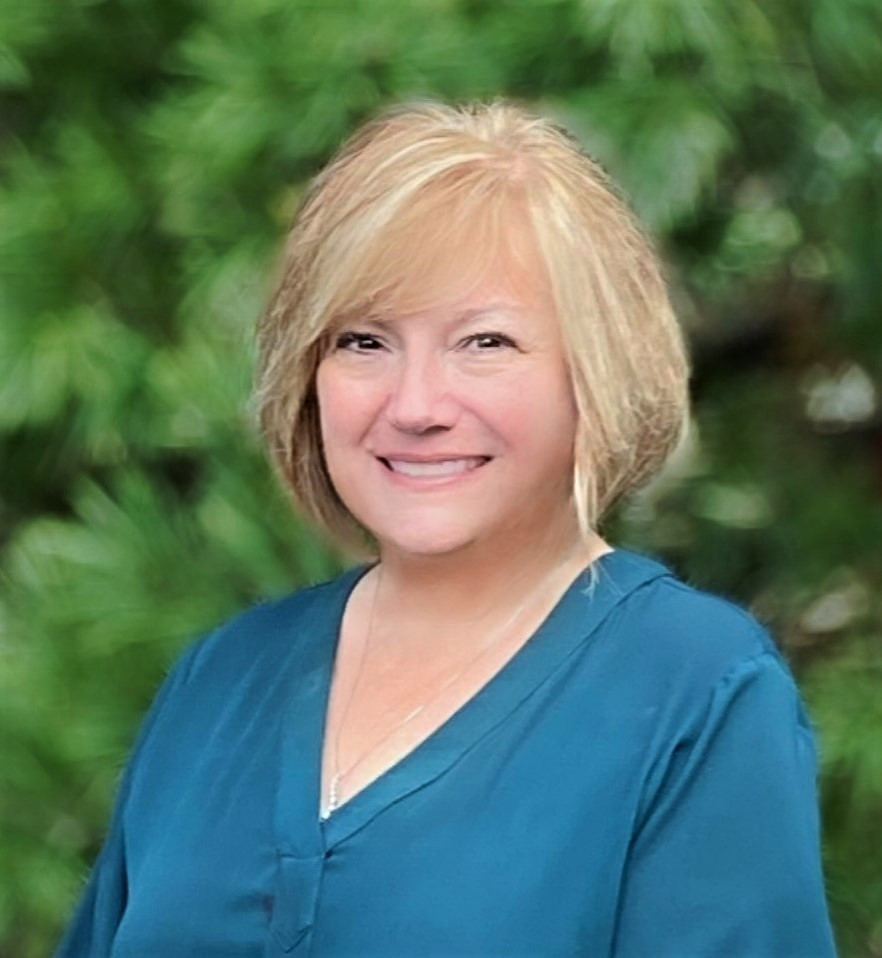Details of the SECURE Act - Part Seventeen: 403(b)(9) Church Plans
In late December of 2019 President Trump signed into law a budget bill to fund the government for the remainder of the fiscal year. Included as an addition to the bill was the SECURE Act (Setting Every Community Up for Retirement Enhancement Act of 2019). Some of the changes within the SECURE ACT addressed revisions to 403(b)(9) Church plans.
Section 110 of the Act revised requirements for church 403(b)(9) plans.
Prior to the SECURE Act, Church plan sponsors had allowed both qualified and non-qualified church-controlled organizations to participate in a church 403(b) plan funded with (b)(9) retirement income accounts. The retirement income account could be invested in other assets and commingled with the general assets of the church sponsoring the plan so long as they are accounted for separately. In 2007 the IRS developed its program of “pre-approved” 403(b) plan documents, it took the position that a non-qualified church-controlled organization that use a pre-approved document could not participate in a 403(b)(9) retirement income account. This posed a problem because a qualified church-controlled organization could, under certain circumstances, become a non- qualified church-controlled organization which ultimately did not allow participation by either a qualified or non-qualified church-controlled organization in a plan using this type for funding.
After the SECURE Act, amended Code Section 403(b)(9) to specifically provide that a retirement income account can cover both employees of a qualified and non-qualified church-controlled organization. This is effective for all tax years both before and after the date of enactment. This legislative clarification is a welcome relief to sponsors of church plans that are structured as 403(b)(9) retirement income accounts and have allowed qualified and non-qualified church-controlled organization to participate. These plan sponsors are now allowed to use a “pre-approved” 403(b) plan document and are brought into compliance. Of course, this is optional, church plans are not required to extend participation to their church-controlled affiliates but they now have the opportunity to do so.
This is the seventeenth in a series of articles describing the various Sections of the SECURE Act, the practical impact of each Section and the due dates for implementing the changes. To view a summarized article of the SECURE Act as a whole, or a list of the articles we have published thus far detailing the different provisions, please see our prior article The Secure Act.



